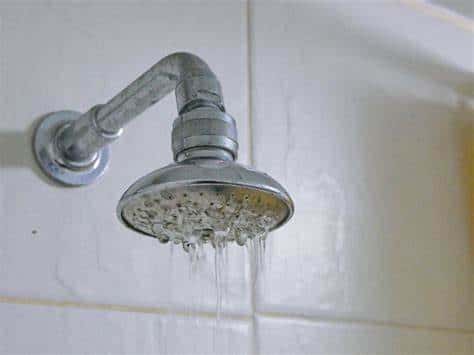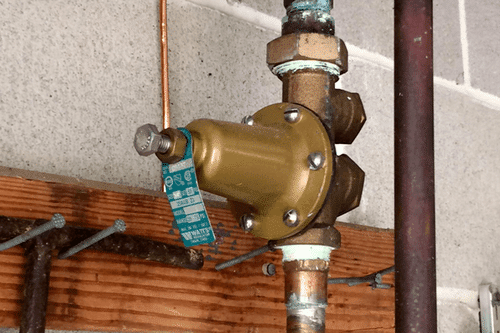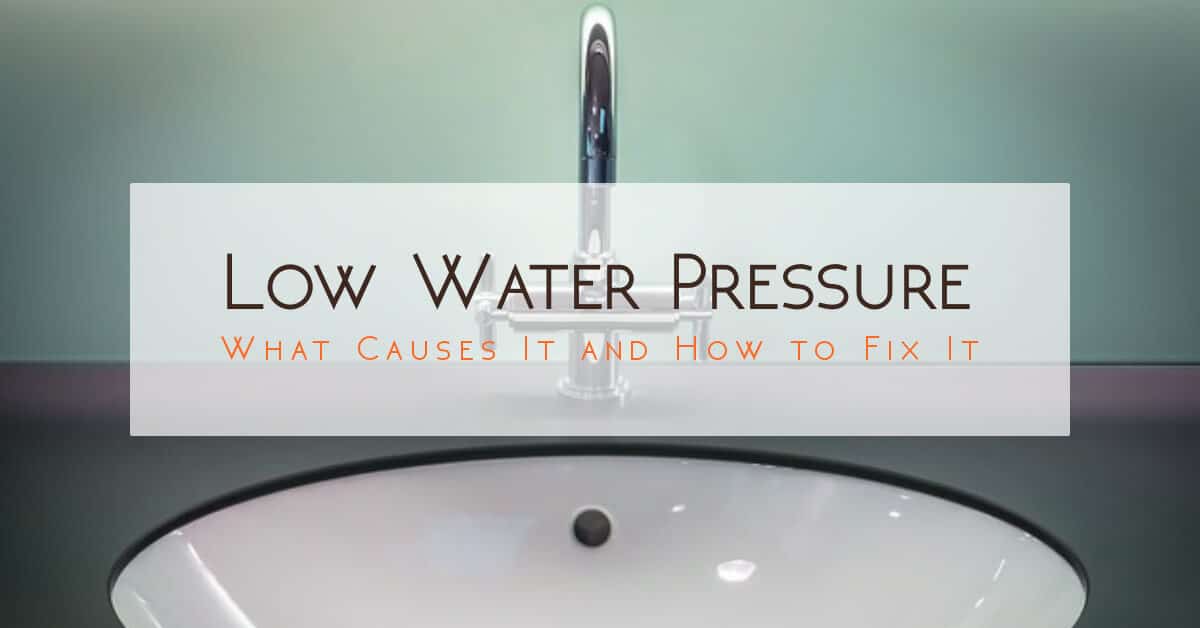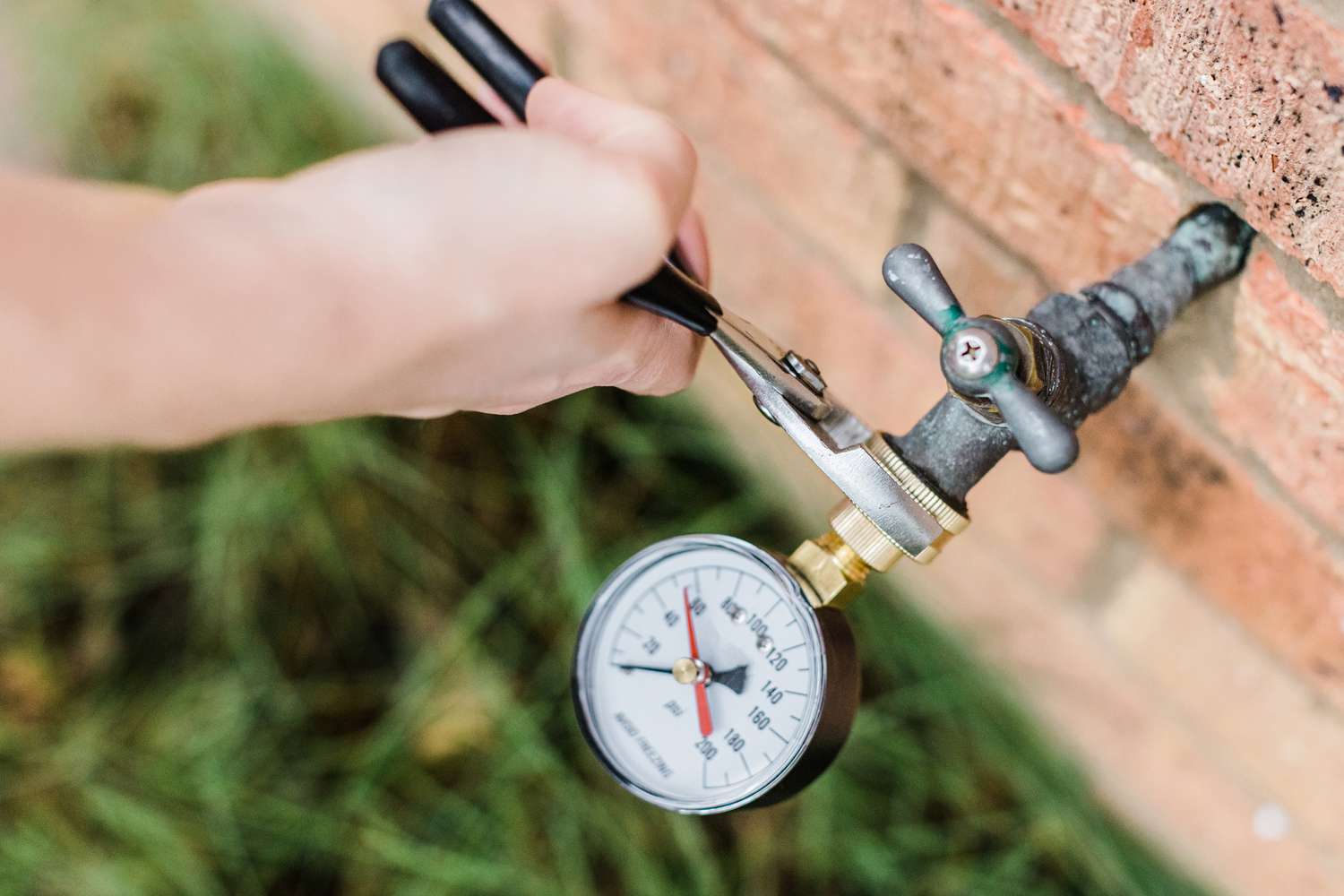
Improving Water Pressure in Your Home: A Homeowner’s Guide
Low water pressure can turn simple tasks like showering or doing dishes into frustrating experiences. If you’ve ever had to deal with weak water flow, you know how it can affect your daily routine. But fear not—boosting your water pressure may be easier than you think. Here’s a guide to help you improve the water pressure in your home, along with when it’s time to call a professional plumber.
1. Check Your Water Valves
One of the simplest fixes for low water pressure is checking your water valves. If they’re partially closed, it could be restricting water flow. Ensure that the main shut-off valve is fully open. Sometimes, these valves get adjusted during plumbing work or accidentally moved, causing pressure issues.
2. Clean Your Faucets and Showerheads
Over time, mineral deposits can build up in faucets and showerheads, blocking water flow and reducing pressure. Cleaning them with vinegar or replacing old fixtures can significantly improve the water flow in your home.
3. Look for Leaks
Leaks in your plumbing system can greatly reduce water pressure. Check for any visible leaks under sinks, around your water heater, or along exposed pipes. If you’re still experiencing low pressure, the issue could be a hidden leak inside walls or underground. In these cases, it’s best to contact a professional plumber for a thorough inspection.
4. Test Your Pressure Regulator
Homes equipped with a pressure regulator may experience low water pressure if the regulator is malfunctioning. These devices control the water pressure coming into your home. A faulty regulator can cause either high or low pressure, so it’s important to have it checked and replaced if necessary.
5. Check for Clogged Pipes
Over time, mineral deposits can clog your pipes, reducing water flow. If you live in an area with hard water, this is a common problem. While some clogs can be fixed with DIY methods, extensive blockages will need professional help to prevent further damage to your plumbing.
6. Inspect Your Water Heater
If you’re only experiencing low pressure in hot water taps, your water heater might be the culprit. Sediment buildup in the tank can reduce water pressure. Draining and flushing your water heater regularly helps to maintain proper water flow.
7. Call a Professional
If you’ve checked all of the above and still have low water pressure, it’s time to call in the pros. Professional plumbers can conduct thorough diagnostics, assess hidden leaks, and recommend solutions to restore your water pressure to optimal levels.
Boost Your Water Pressure with My Georgia Plumber
Don’t let low water pressure disrupt your day. At My Georgia Plumber, we offer comprehensive services to diagnose and fix any issues with your home’s water pressure. From checking your pressure regulator to inspecting your plumbing for clogs or leaks, we’ve got you covered. Call us at 770-592-0081 today to restore full water pressure in your home.












